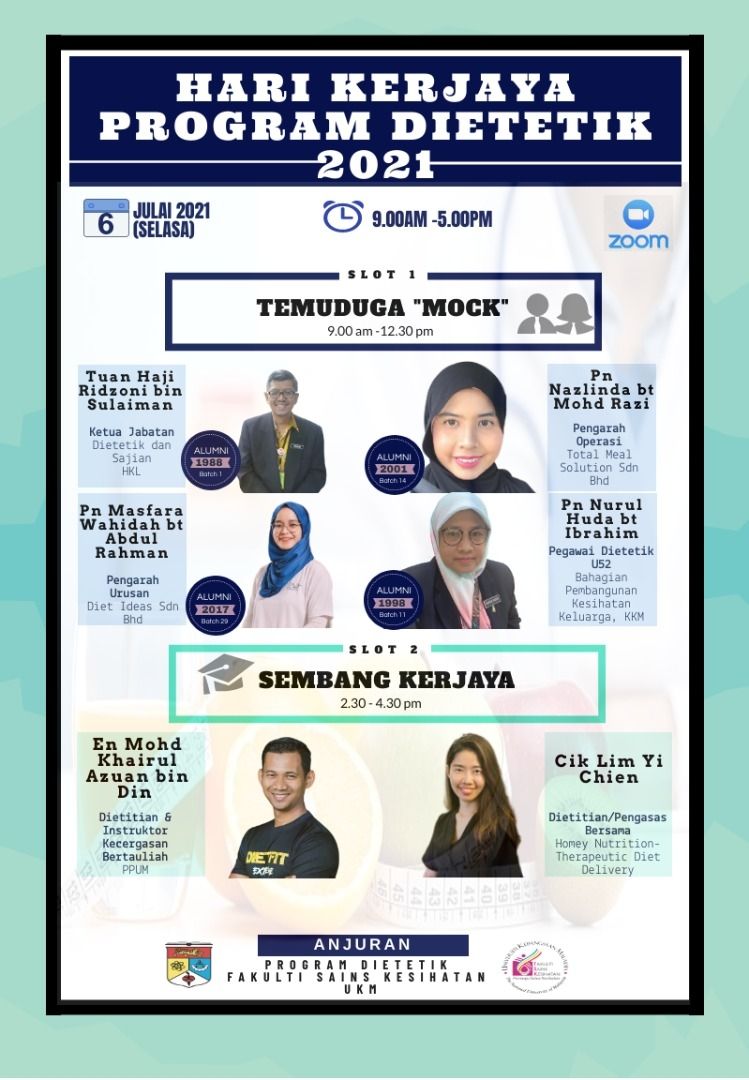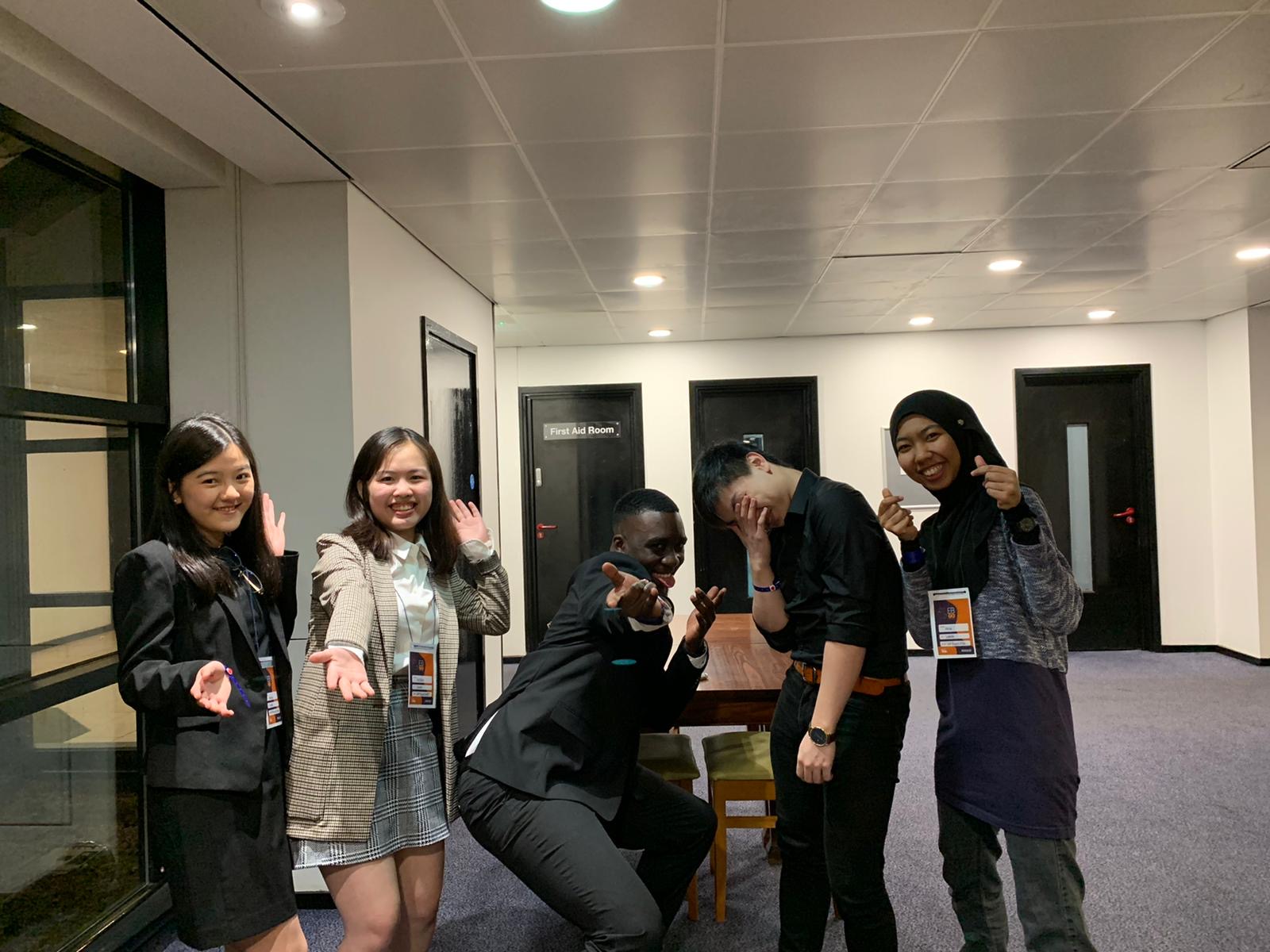
Is it true that the best talent always goes to the big companies? There is no way we can prove this (since best is subjective) but small and medium enterprises (SMEs) are undeniably at disadvantage in recruiting talent compared to large organisations. Due to the budget constraint, SMEs have to be selective in their spending and often, recruitment is not one of their priorities. In addition, SMEs have limited brand recognition, reducing the connection to the job market supply. Therefore, SMEs have to leverage their positive sides to attract talents that can contribute to their company’s growth.
To understand the pain and gain of SMEs in recruiting their talents, AIESEC in Malaysia reached out to the SMEs directors and also alumni to get their perspectives on the subject.
1. Showcase your uniqueness as a perk
SMEs follow different organizational structures than the larger companies. The team is also smaller and the job scope is wider. Nevertheless, SMEs tend to do business in a niche industry, meaning they are specialists.
So, what does this mean to the talent?
Talent can bond quicker with the team and be able to experience many things outside the typical job scope. The SMEs fast-growing surrounding also means the worker will face different challenges every day. AIESEC in Malaysia’s Youth Consultancy Report shows youth put the highest value on personal development when considering job opportunities. While anyone can seek personal development anywhere, it is crucial for the HR manager to filter the candidates that suit the SMEs training capability.
He also mentioned that hiring should be a mutual relationship in which the candidate will have to bring value to the company and in return, the company will provide a platform to develop the employee’s growth. Therefore, make sure to highlight the competitive advantage that they can only gain in the company.
“A person with a structured personality highly likely would not prefer working in the SMEs or start-ups as they are more comfortable with the existence of ‘Standard of Procedures’.”
– Yik Seong Hui, the founder of Direct Lending.
He also mentioned that hiring should be a mutual relationship in which the candidate will have to bring value to the company and in return, the company will provide a platform to develop the employee’s growth. Therefore, make sure to highlight the competitive advantage that they can only gain in the company.
2. Collaborate with the higher education institutions

It is natural for SMEs to have lower brand recognition but it does not mean they need to invest a lump sum of money to get their brand recognized. Approaching higher education institutions to interact with their students can be one of the strategies to attract talent too. The universities, other than educating their students, are also preparing them for the workforce. As SMEs tend to work in a niche industry, they make a great speaker to the graduates who are mostly clueless in deciding their future.
Yi Chien Lim, the Co-Founder of Homey Nutrition often participates in the university career talk, targeting the dietetic student to share her career progression experiences. Detailed experience sharing will set the right expectations to the students and at the same time, SMEs get to market themselves indirectly.
Besides that, SMEs can also narrow down their targeted audience to talents with specific qualifications. As a result, the company will be approached by more competent candidates. Afterwards, SMEs can focus on talent retention with a few tips.
3. Reach out to the youth organisation
If the company is looking for young leaders with organisational mindset and leadership skills, reaching out to the youth organisation will lead it to quality candidates. While those in academics tend to have the same qualifications, they do not possess the same traits.
Youth organisations such as AIESEC work like a company, meaning we have our why, what and how. If the youth organisation’s mission aligns with the company’s, it will likely be that the members of the youth organisation match with the company’s culture. Therefore, sourcing like-minded people from like-minded organisations will make the recruitment process more efficient.

Nowadays, most companies emphasise the needs of extracurricular activities and there is a good chance that the members of the youth organisations possess the leadership skills that are needed everywhere.
Best vs right
“Our interview process tends to be long because it always turns out to be a conversation. We make an effort to clarify the candidates on what we do, what we are expecting from the role and who can do the role. It is also an opportunity for the candidates to see if the company is a good fit for them,”
– Ying Ying Oh, the founder of Miracle Spectrum.
Click here if you want to know more about us.

Aina Dayana Muhammad Riadz
B2B Marketing Content Creator of AIESEC in Malaysia
An organised and rational Malaysian final year Accounting and Finance student studying in UK with strong attention to detail. Constantly seek self-improvement and enjoy experiencing new things.

Aina Dayana Muhammad Riadz
B2B Marketing Content Creator of AIESEC in Malaysia
An organised and rational Malaysian final year Accounting and Finance student studying in UK with strong attention to detail. Constantly seek self-improvement and enjoy experiencing new things.





